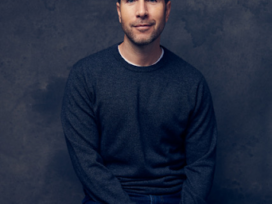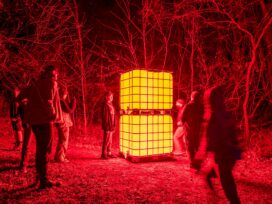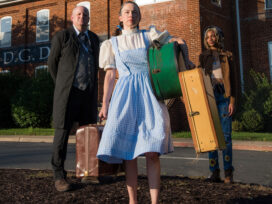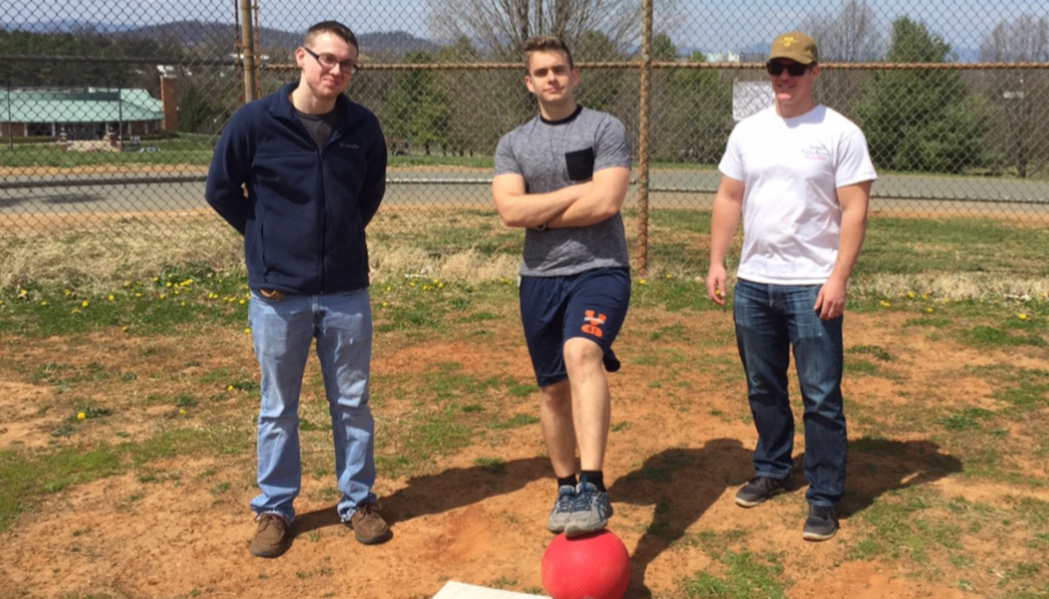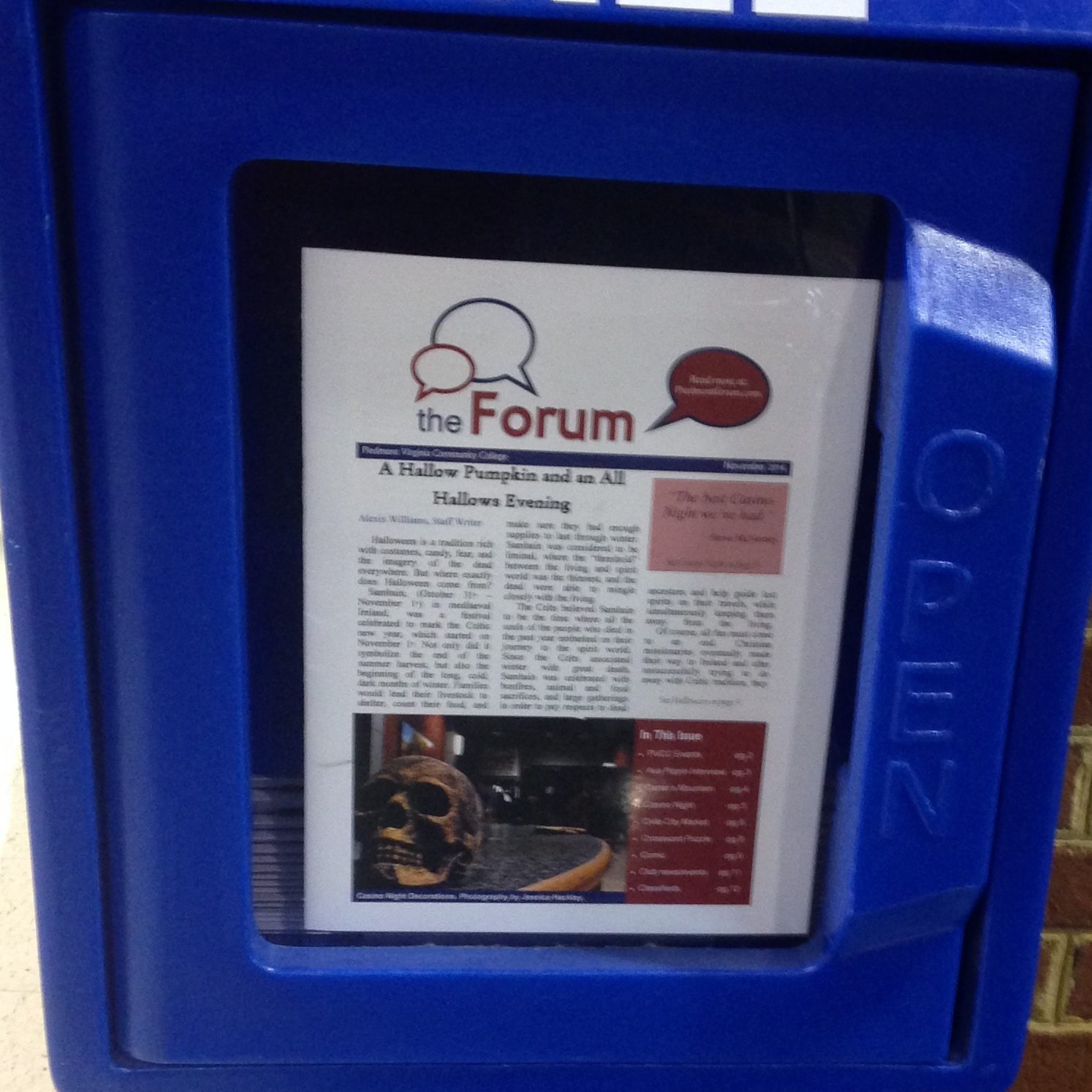
Humane Perspective On Iran Nuclear Deal
Slideshow photos of majestic scenery marked the introduction to the lecture on Iran and the Middle East given Oct. 14. Professor William Harrop opened with a story about a missionary who traveled to Iran during a revolutionary period in the country’s history. Immediately, it was apparent that this lecture would not follow the tenor of stereotypes about Iran. “The diversity of the country is so extraordinary…Just as Iran is tremendously varied in its physical experience, it’s perhaps not unlike the United States in being so widely varied in its experience,” Harrop said.
The theme of the lecture was a unique blend of humanitarianism and politics. Harrop studied Iran for more than 30 years and co-authored the book The Iranians: Persian, Islam and the Struggle for the Soul of the Nation. Though the topic was the Iran Nuclear Deal, the emphasis was on recognizing the need for better relations between the U.S. and Iran. He used political history from both sides to support the idea that the Iran Nuclear Deal is a positive accomplishment with potential to at least ease tensions between the two countries. The presentation was stimulating, and Harrop had an attentive audience.
Harrop passionately addressed issues that most news agencies have avoided discussing. He encouraged the audience to consider Iran as a nation of individuals rather than a government to be treated with utmost suspicion. He did not negate historical facts, such as the hostage crisis of 1979, upon which the American government’s suspicions are justly founded, but he included that bit of history that provides Iran with grounds for distrusting the U.S.
One example Harrop mentioned was U.S. and British intelligence agencies interfering with the Iranian government to maintain their control over Iran’s oil market. Here, Harrop accomplished an amazing feat. With a full scope of facts, the perspective is taken beyond the Iranian government to the individuals who have more in common with Americans than many may have guessed.
He pointed out the fact that Iran, like the U.S., is the result of many revolutions, a people’s desire for a better life and fair government
The auditorium was nearly full with a mixture of students, staff and guests. Doubtless, many present had heard about the Iran Nuclear Deal, and were eager to learn the implications it might have. A few present, however, had only a vague idea on the subject and alternative motives for attending. One student admitted, “I went only because of the extra credit.” Bridget Klauer did not follow the development of the deal but said she was interested in it after attending the lecture. “I had no idea what it entailed, about nuclear weapons,” she said. After attending the lecture, Klauer now intends to learn more about Iran and U.S. relations.
Assistant Professor Connie Jorgensen said she thought Harrop did a great job: “It was nice to hear someone give an explanation that provided a lot of context.” Jorgensen admitted that she had not thought about how much Americans have in common with Iranians, “that’s something I learned…we have more in common than we have differences.”
Others were not as optimistic. Spanish Professor Christopher Decker reflects this view. When asked if the lecture left him hopeful of peaceful relations between the U.S. and Iran, he wrote “Not immediately; there were slightly sinister implications that Syria is drawing everyone into a global confrontation” in response to an email. Decker did go on to write that the deal was “a major step forward.”
This lecture highlighted PVCC’s commitment to providing its students with opportunities to learn more about the world on a geopolitical level. Thus students are equipped to offer useful insight and practical resolutions when addressing issues on a local level. Lectures like Harrop’s encourage students to learn all the facts and be willing to look at issues from different perspectives. With these skills, PVCC produces better thinkers for a better world.


